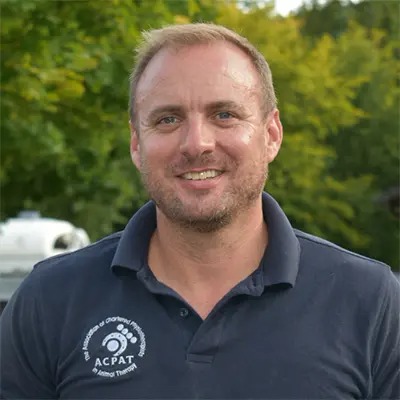The Physiotherapist's Approach to Back & Sacroiliac Conditions
Species
Equine
Contact Hours
35 minutes - RACE Approved
Language
English
Discipline
Orthopaedics
Rehabilitation & Physiotherapy / Physical Therapy
Sports Medicine
Veterinary Partners
Global



North America
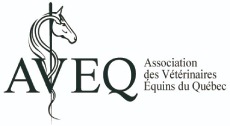
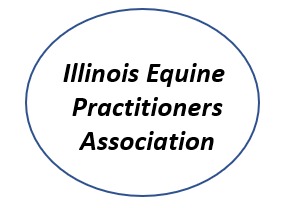
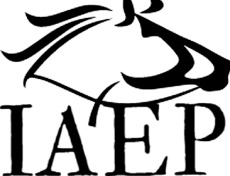
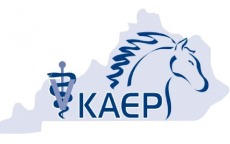
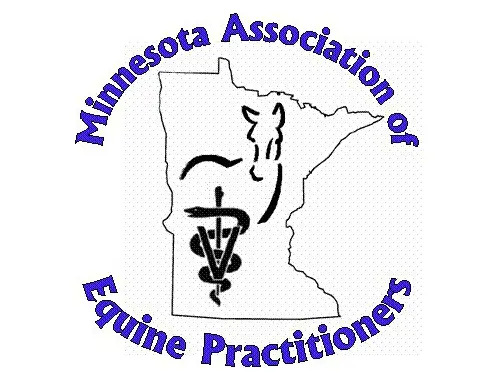
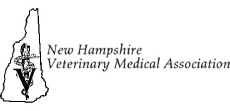


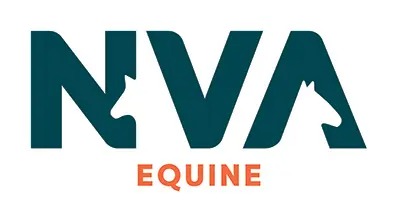



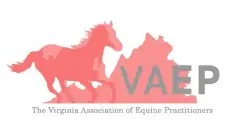
Europe
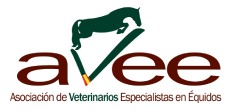
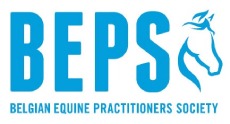


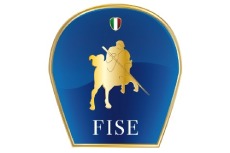

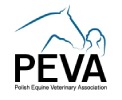
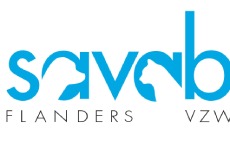
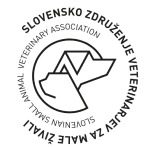
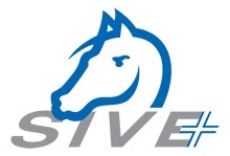



Middle East & Africa
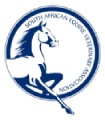
Asia-Pacific

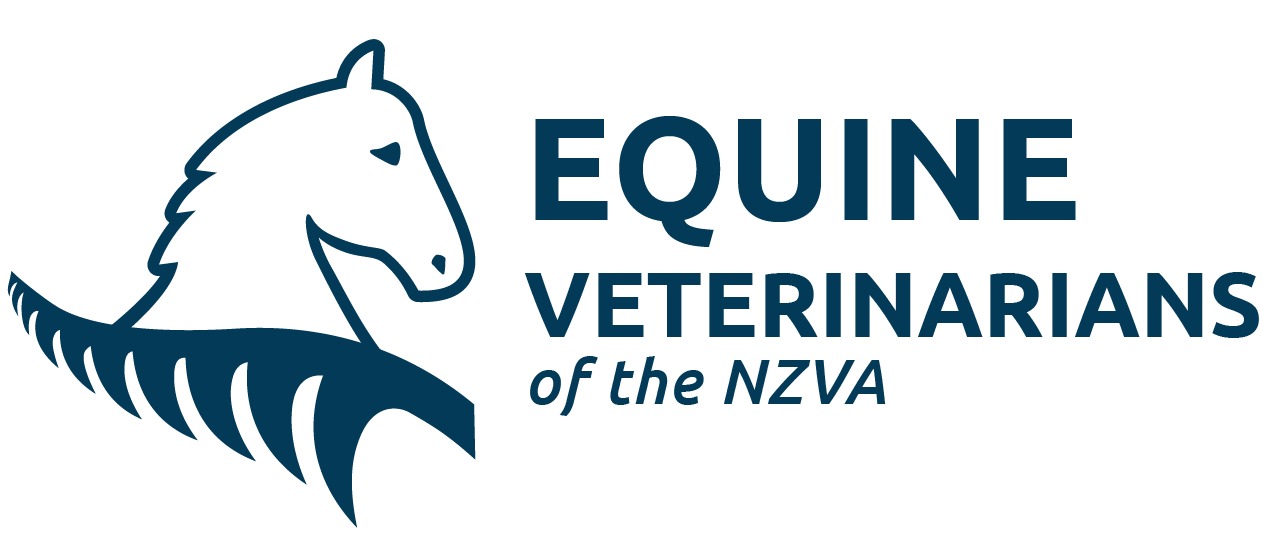
Recorded: April 2020
Part of the Online Lecture Series on Rehabilitation for Equine Back & Sacroiliac Conditions
Lee is a Chartered Physiotherapist, graduating as a ‘human’ physiotherapist in 1997 from Teesside University in England. He started his veterinary training while working full time in the NHS and qualified with ACPAT (the Association of Chartered Physiotherapists in Animal Therapy) in 1999. For the past 25 years Lee has specialized in the treatment of horses and their riders and currently own and manage a rider performance clinic ‘Functional Physiotherapy’, and the ‘Equine Physiotherapy Clinic’ in Co. Durham. Between 2005 and 2016 the ‘Equine Physiotherapy Clinic' included in-patient facilities providing treatment and rehabilitation for a wide variety of Musculoskeletal, Orthopaedic and post-surgical conditions
Since 2010 Lee has worked with multiple GBR Equestrian teams providing physiotherapy services for both horses and riders. Throughout this time, he has supported the squads and team members at 15 European Championships and 6 World Championships, including WEG in 2014 and 2018. Also, in 2012 he was one of the team of eight ACPAT Physiotherapists selected to work at the London Olympics, providing physiotherapy support for horses from all nations.
Lee has been a visiting lecturer at Leahurst Veterinary School at the University of Liverpool on the ACPAT MSc Veterinary Physiotherapist course since 2015 and is a clinical educator for students who are converting from human to veterinary therapy at both Liverpool and Hartpury Universities.
For the past 15 years Lee has had a special interest in horse, saddle and rider asymmetry, in particular the influence that one has on the others. This interest culminated in a 6-year PhD project that looked at the use of simulators in rider analysis and investigated the possible causes of rider asymmetry.
More InfoVeterinary Student
Webinar
USD 10.00
Qualified Vet
Webinar
USD 50.00
Intern/Resident/PhD (Requires proof of status)
Webinar
USD 35.00
Vet Nurse/Vet Tech (Requires proof of status)
Webinar
USD 35.00
If the options you are looking for are unavailable, please contact us.
No tax will be added unless you are a UK taxpayer
Choose currency at checkout



